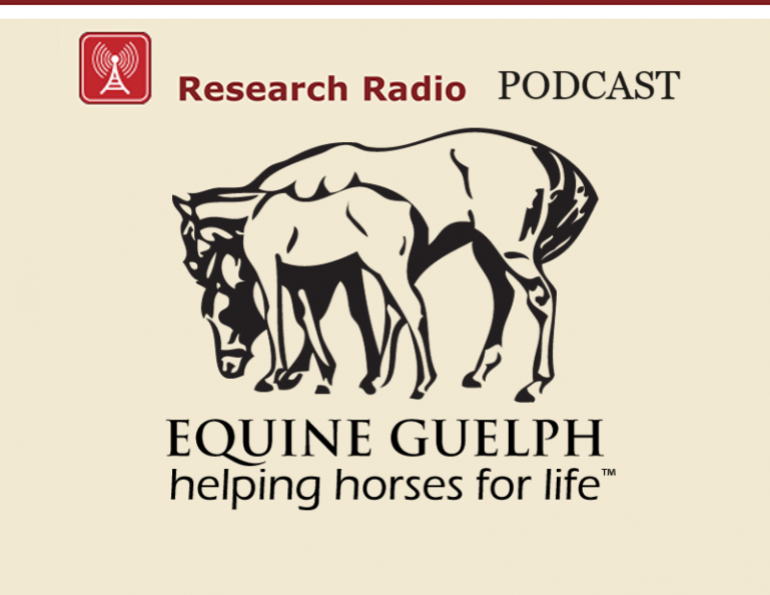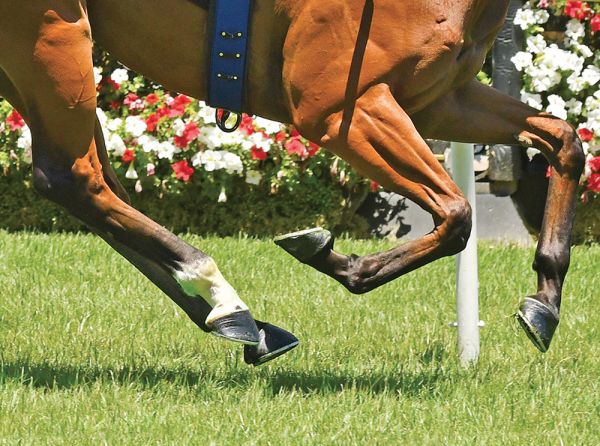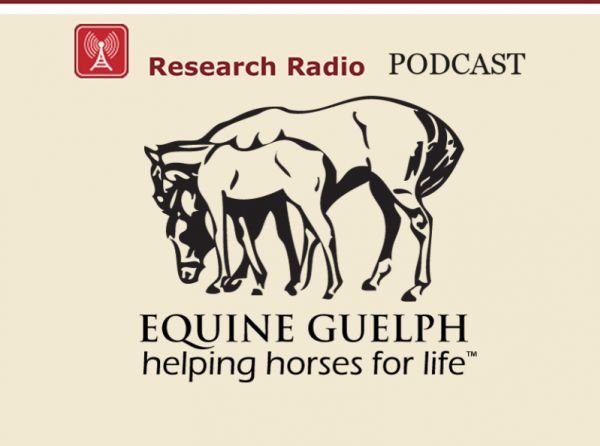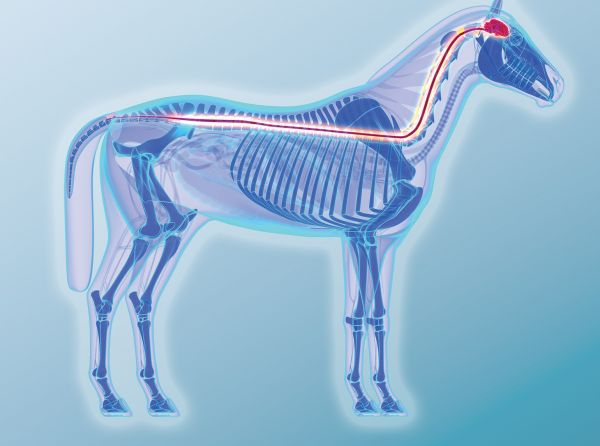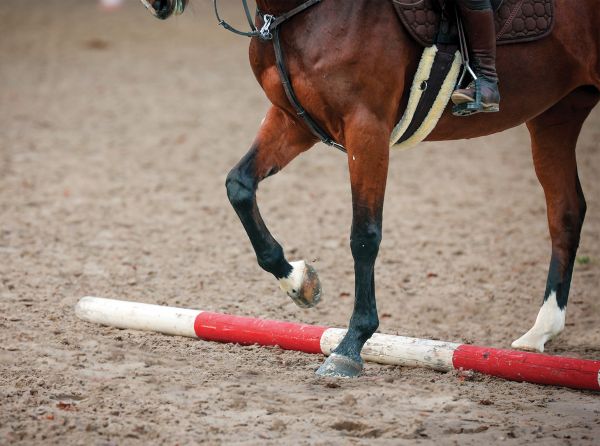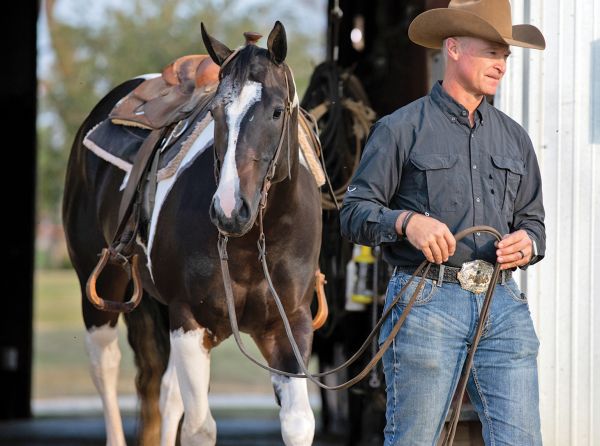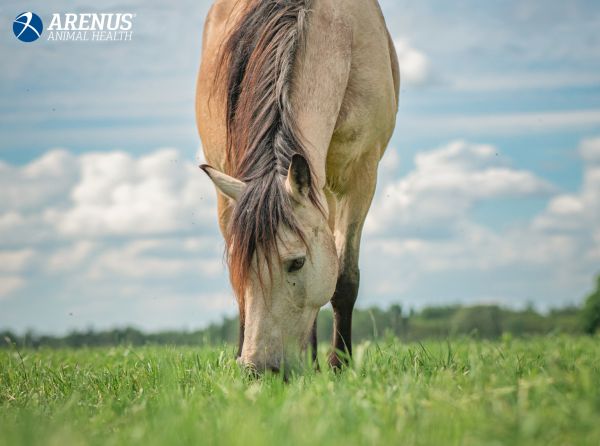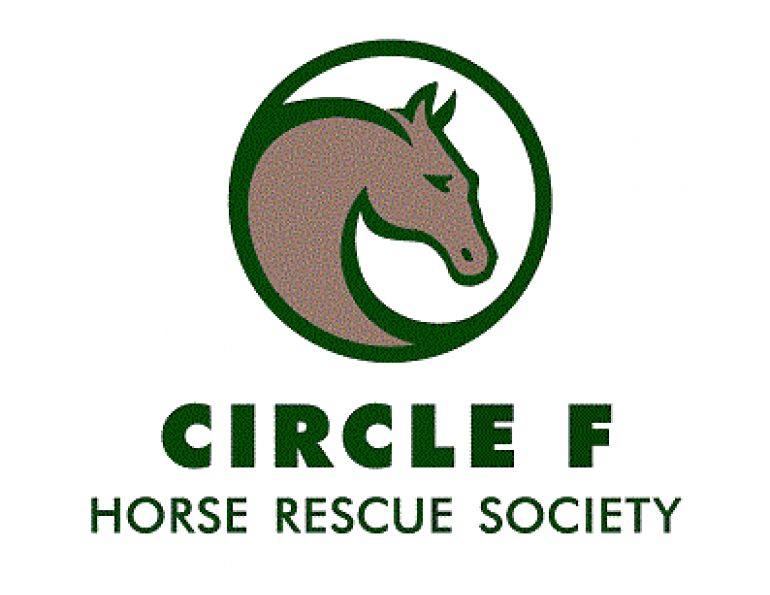By Margaret Evans
According to stem cell scientists at the University of Edinburgh’s Roslin Institute, horses suffering from neurological conditions similar to those affecting people can be helped from horse stem cell advances.
Stem cells are a class of undifferentiated cells able to differentiate into specialized cell types such as skin, muscle, bone, etc.
The researchers, who are the first to create working nerve cells from horse stem cells, say the advance may pave the for cell therapies that target conditions similar to motor neuron disease. The research could also help horses affected by grass sickness, a disease of horses, ponies, and donkeys in which there is damage to parts of the nervous system controlling involuntary functions and producing the main symptom of gut paralysis.
The cause is unknown but the damage to the nervous system suggests that a type of toxin is involved. About 600 horses in the UK are affected by grass sickness each year. Animals severely affected are usually euthanized.
The latest research will provide powerful tools for those studying horse diseases and help scientists testing new drugs and treatments.
“Stem cells hold huge therapeutic potential both for people and animals,” said Dr. Xavier Donadeu, senior lecturer and group leader, The Roslin Institute. “Our research is an important step towards realizing that potential for horses and provides an opportunity to validate stem cell based therapies before clinical studies in humans.”
The researchers took skin cells from a young horse and turned them into stem cells using a technique that was originally developed for human cells. The reprogrammed cells are “pluripotent,” meaning they can be induced to become any type of cell in the body.
The team used them to create nerve cells in the laboratory and tested whether they were functional by showing that they could transmit nerve signals.
The University’s press release said that horse stem cells have been produced in the laboratory before but this is a world first in which scientists have created working cells of a specific type from them.
The results of the study were published in the journal, Stem Cells and Development.
Photo: New stem cell research holds therapeutic potential both for people and horses. ©CanStockPhoto.com/Ca2hill





